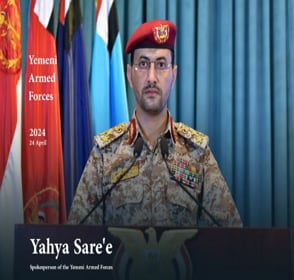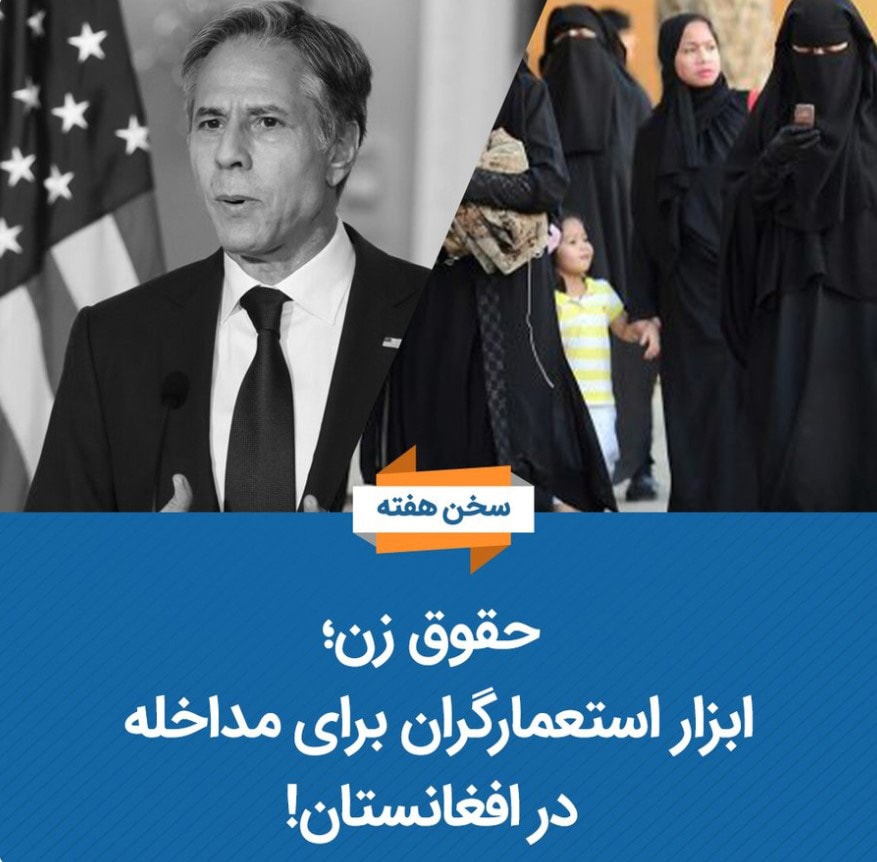The following report is a complimentary offering from MEMRI's Jihad and Terrorism Threat Monitor (JTTM). For JTTM subscription information, click here.
An article in Issue 11 of the Islamic State (ISIS) English-language magazine Dabiq, titled "The Danger of Abandoning Darul-Islam [land of Islam]," warns potential refugees of the dangerous sins that they would be committing if they emigrated to the West, as opposed to emigrating to the Islamic State. The article is very recent, it features the now-iconic image of the body of three-year old Syrian Kurdish refugee Aylan Kurdi[1] washed up on a Turkish beach.
It is interesting to note that the article continues to encourage emigration to the Islamic State, despite recent developments such as the tightening of the Turkish borders. A few days ago, on August 31, 2015, a top British ISIS fighter and recruiter circulated a message saying that the borders to Syria were currently closed, but encouraged interested individuals to travel to other Islamic State provinces.[2]
.jpg)
The Dabiq article explains that hijrah (emigration to Muslim lands) is obligatory for Muslims, and that many Muslims often err in choosing where to emigrate to: "They always choose the lands of the Christians for their destination. But after the establishment of the prophetic state, hijrah was to al-Madīnah not al-Habashah. And during the Umawī and 'Abbāsī rule, hijrah was to the lands of the khilāfah not Rome and Constantinople. And with the revival of Islam’s state, hijrah is to the wilāyāt [provinces] of the Khilāfah, not to Nusayrī, Rāfidī [Shia], Sahwah, or PKK territory, nor to America, Europe, and their tāghūt [tyrant] allies."
Focusing on Syrians and Libyans, the article laments the fact that these two groups are "willing to risk the lives and souls of those whom they are responsible to raise upon the Sharī’ah – their children – sacrificing many of them during the dangerous trip to the lands of the war waging crusaders ruled by laws of atheism and indecency. Although most of these families leave from dārul-kufr [land of infidels] – Sahwah, PKK, or regime territory – to the crusaders' lands, the possibility of families leaving the Khilāfah for America or Europe in pursuit of the Dunyā [worldly life] is a matter that should bring focus to the ruling of abandoning Dārul Islām for dārul-kufr."
The article goes on the stress that refugees emigrating to these places are committing a major sin, since they have an Islamic land to which they can go: "Therefore, it should be known that voluntarily leaving Dārul-Islām for dārul-kufr is a dangerous major sin, as it is a passage towards kufr and a gate towards one's children and grandchildren abandoning Islam for Christianity, atheism, or liberalism. If one's children and grandchildren don’t fall into kufr, they are under the constant threat of fornication, sodomy, drugs, and alcohol. If they don’t fall into sin, they will forget the language of the Qur'ān – Arabic – which they were surrounded by in Shām, Iraq, Libya, and elsewhere, making the return to the religion and its teachings more difficult."
The article concludes: "May Allah facilitate for the Muslims hijrah to the Khilāfah despite the plots of the crusaders and the apostates."
.jpg)
"Many Syrians died on the road to Darul-Kufr"
[1] See MEMRI JTTM report Jihadi Fighters, Supporters Tweet Reactions To Refugee Crisis Hitting Europe September 4, 2015.
[2] See MEMRI JTTM report Conflicting Reports From ISIS Fighters On Emigrating To Syria; Top Contact Tweets Borders Are Closed, Another Prominent Jihadi Claims Otherwise August 1, 2015.





